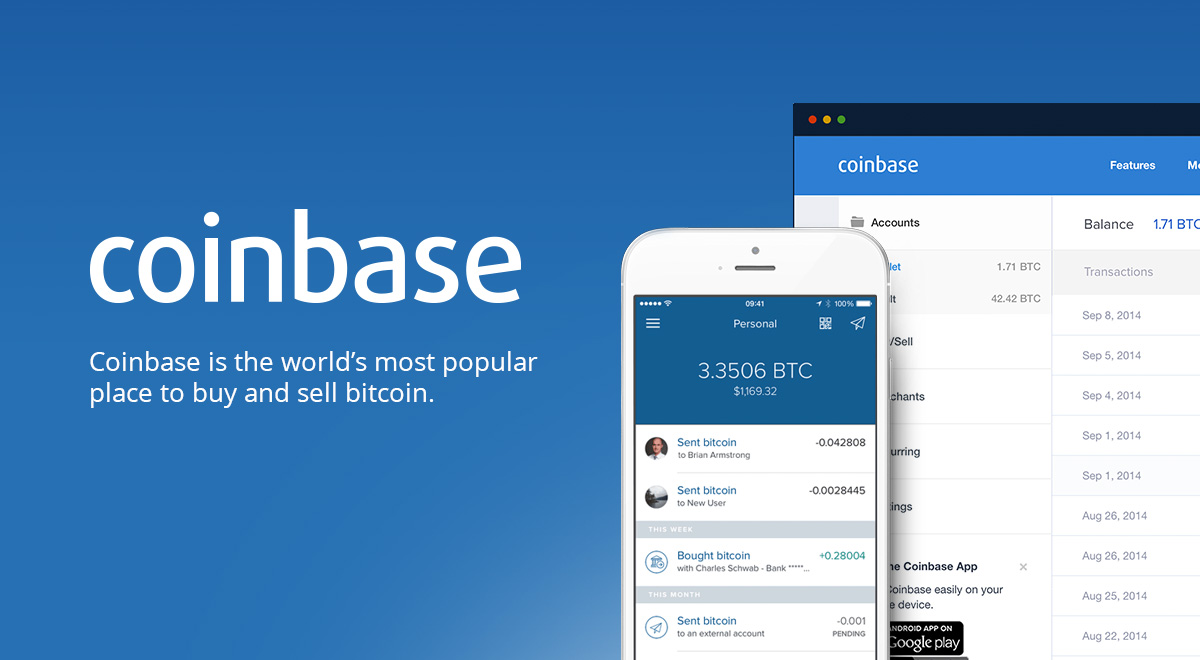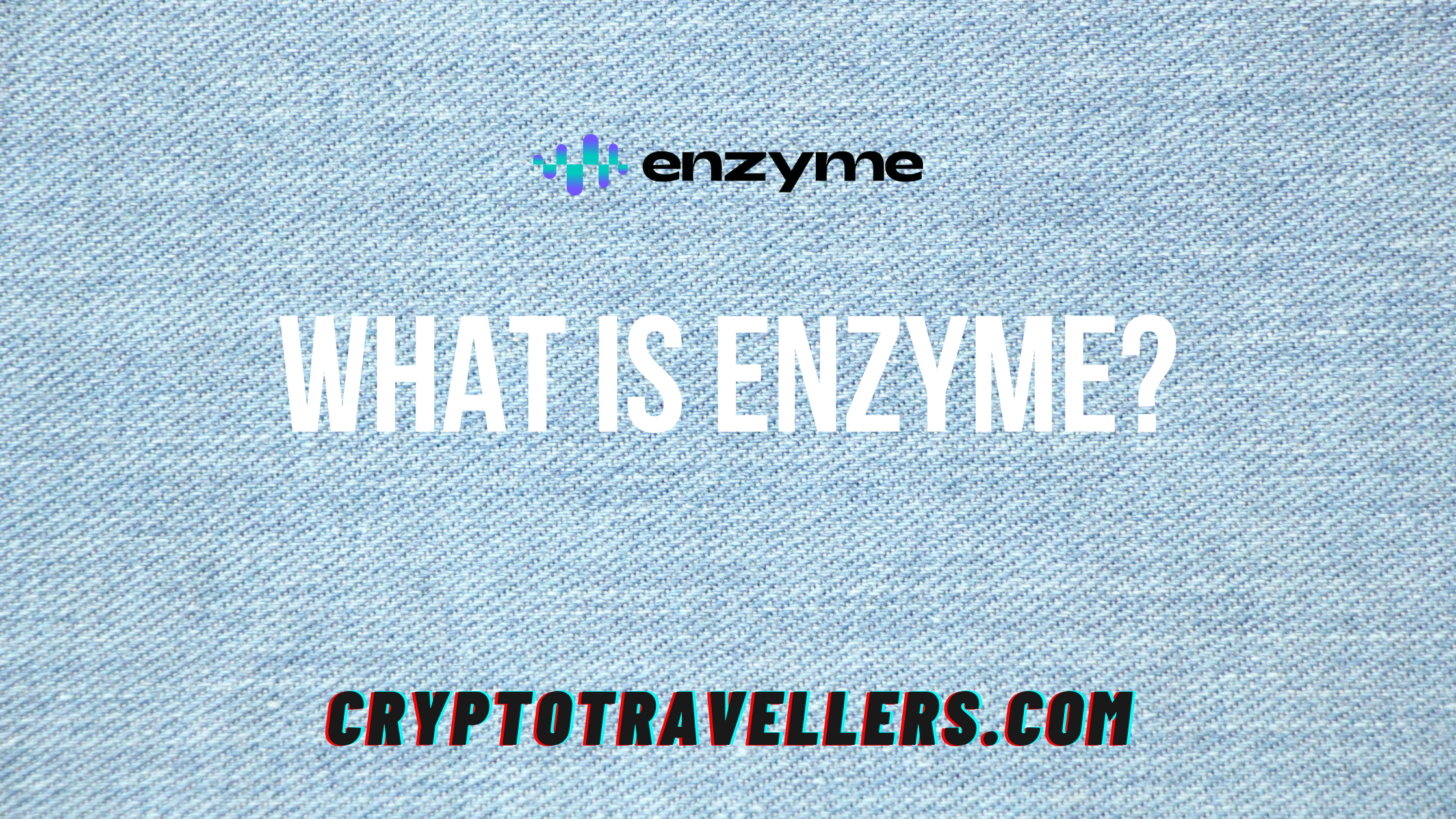
Ex-Google/Ex-Facebook/Ex-Husband TechLead accused of Pump and Dump scheme... (as a millionaire)
Patrick Shyu’s channel, Techlead on YouTube, has come under fire with accusations of engineering a multi-million dollar pump and dump scheme. …

Coinbase is a cryptocurrency exchange and wallet service that has been operating since 2012. They offer buying, selling and storing of bitcoin, ethereum, litecoin and other altcoins. Coinbase was founded by Brian Armstrong in San Francisco with the goal to make it easier for people to buy bitcoins. The company now operates in 32 countries around the world including Australia, Canada, Singapore and Japan.
The question on everyone’s mind though - how safe is Coinbase? Well there are many different opinions on this subject so let’s see what experts think about this popular Bitcoin exchange platform:
Coinbase is a highly reputable company and has never been hacked. It’s one of the most popular Bitcoin exchanges in America, so it would be difficult for hackers to break into their system without being noticed by other users or employees at its headquarters.
Coinbase has a two factor authentication system that requires users to enter their password and an additional code from the Google Authenticator app. This is one of many ways you can protect your account, but it’s not foolproof because there are other security risks associated with Bitcoin exchanges like phishing scams or malware on computers which could steal passwords without anyone noticing them until too late! So while this may be good for some people who want more protection than just using strong usernames/passwords alone - in general we recommend only storing small amounts at any given time (less then $100) so if something does happen all losses will likely still remain under insured thresholds set by most banks ($250-$500). The best way would probably also involve using a hardware wallet like the Ledger Nano S or TREZOR.
The best way to store Bitcoin is in what’s called cold storage, which means storing your private keys on an offline device that can’t be hacked into and stolen from - this could either mean using something as simple (and low-tech) as paper wallets where you print out all of these details onto pieces of paper then seal them up inside envelopes stored somewhere safe with no internet connection; it might also involve more high tech solutions such for example creating USB sticks containing encrypted copies if your bitcoin addresses/private key pairs so they’re not accessible by anyone else but yourself without first entering passwords.
It’s possible to get scammed on Coinbase, but it is less likely than with other exchanges. The reason for this has a lot do due the fact that they are regulated in many countries and have been around since 2012 - which means there isn’t as much incentive or opportunity because of their reputation (unlike some newer competitors). There also aren’t any fees when you buy Bitcoin from them so if someone does try an elaborate scam then your money will be safe at least!
Coinbase has a two-factor authentication system in place to protect your account. They also have an insurance policy that covers up $250,000 worth of losses incurred by their customers and themselves - so you are protected from any hacking or security breaches on Coinbase’s end.
Coinbase will not refund if hacked. They are insured for up to $250,000 in the event of a hack which means that they would cover any losses incurred by their customers and themselves - but it does mean you have no recourse should something happen on Coinbase’s end (e.g: server breach).
Coinbase is a cryptocurrency exchange and wallet provider. Coinbase Wallet allows you to send, receive or store Bitcoin as well but it does not allow for trading of cryptocurrencies on the platform - instead they have partnered with other providers such that if someone wants access then all their coins are stored in one place (ease-of use).

Patrick Shyu’s channel, Techlead on YouTube, has come under fire with accusations of engineering a multi-million dollar pump and dump scheme. …

Enzyme Finance was formerly known as Melon Protocol. Enzyme (MLN), wants to make it easier for anyone with a computer and internet access the ability …